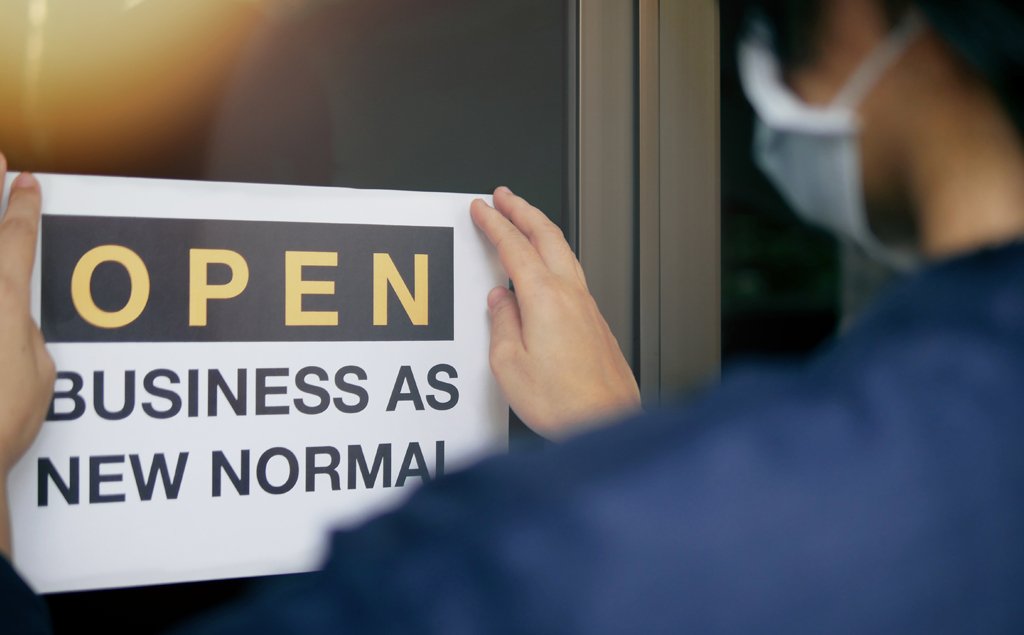
Written by Doug Austin, Editor of eDiscovery Today
We all know what happened when the COVID-19 pandemic shut down life as we know it back in March 2020. Workers were forced into remote work environments because of social distancing requirements and the US court system ground to a halt – at least temporarily.
Necessity Breeds Proficiency
But as it became apparent that the pandemic was going to last well beyond the initially intended two-week quarantine period, the court system had to find a way to get back on track. Just like the business world, the courts began using Zoom to conduct proceedings virtually, including hearings, depositions (many of which have been virtual already for years) and even trials.
How many proceedings? A lot more than you might think.
Less than a year into the pandemic, my home state of Texas announced in early February 2021, that its approximately 2,000 judges had conducted one million virtual hearings since March 2020!
You can probably imagine that if one state had that many hearings in less than 11 full months, there have been millions more across the US since the pandemic began.
So, despite the brief shutdown in the courts, hearings are being conducted at a much more rapid pace virtually than they ever were in person and court backlogs are being reduced.
“I think that virtual hearings are here to stay because the courts are convinced that it is a more efficient use of both the court’s time and the lawyer’s time,” said Ricky Raven, a partner at Reed Smith in Houston.
It’s amazing how many lawyers and legal professionals have become proficient on Zoom in 10 months (in most cases, much less) when Zoom has now been around for 10 years, as noted in this post by Craig Ball.
One notable cat lawyer aside, necessity has bred a level of proficiency using Zoom unlike we’ve seen before.
Challenges with Virtual Proceedings
While hearings have been simplified, there are some challenges.
The constitutional requirement that proceedings be public has caused many of them to be live-streamed, which (of course) leads to the possibility that they could be recorded.
In this article in The Atlantic, the author states: “In March I watched a jury trial in San Antonio, an eviction suit revolving around petty disputes between neighbors. It afforded all the dubious voyeuristic pleasures of reality television. I felt queasy; this wasn’t supposed to be Judge Judy.”
Streaming raises the risk that “very private, embarrassing moments can be preserved forever, for people’s kids to see,” Chief Justice McCormack told the author. “Anybody can record it and use it against you later.” States try to prevent this with DO NOT COPY watermarks and by directing judges to take down videos immediately, but that doesn’t always happen.
Virtual trials can be problematic as well, especially for attorneys trying cases.
According to trial specialists who spoke during the American Bar Association Litigation Section’s recent panel discussion on virtual trials, potential issues with them include:
- Diminished opportunity to assess the credibility of witnesses.
- Diminished emotional impact of witness testimony.
- Diminished impact of exhibits presented in electronic format.
- Diminished opportunity to assess the attentiveness of jurors.
- Greater difficulty to select and connect with jurors.
- Different demographics among jurors available for service.
And, of course, one factor that has caused resistance to virtual trials is the clause in the Sixth Amendment where the accused has the right “to be confronted with the witnesses against him”. Many attorneys feel that this is not possible in virtual trials.
However, one big positive to virtual trials is that jurors like them. The convenience of serving on a jury remotely is attractive to many jurors when compared to the hassle of driving to the courthouse (which is often downtown in many cities), fighting traffic and paying for parking.
Return to Normalcy?
While we are seeing society slowly return to a level of normalcy where in-person activities and events are resuming, will we see the same for US courts?
The answer is: it depends.
States are providing different levels of guidance with regard to the resumption of in-person proceedings, with many still encouraging non-jury court proceedings to be conducted virtually whenever possible.
This page on the Justia site breaks down current guidance for all 50 states with regard to court operating status and jury trials/proceedings (with links to COVID-19 orders for each state).
Conclusion
As is the case with many other areas of business now being conducted virtually since the onset of the pandemic, virtual court proceedings appear to be here to stay for the foreseeable future – at least for many types of court proceedings. With that in mind, IPRO published these Best Practices for the Virtual Courtroom last year to help you conduct those proceedings as professionally as possible. After all, you don’t want to have to explain to the judge that you’re “not a cat”, do you?
Learn more about IPRO solutions for virtual trials.
For more educational topics from me related to eDiscovery, cybersecurity and data privacy, feel free to follow my blog, eDiscovery Today!



